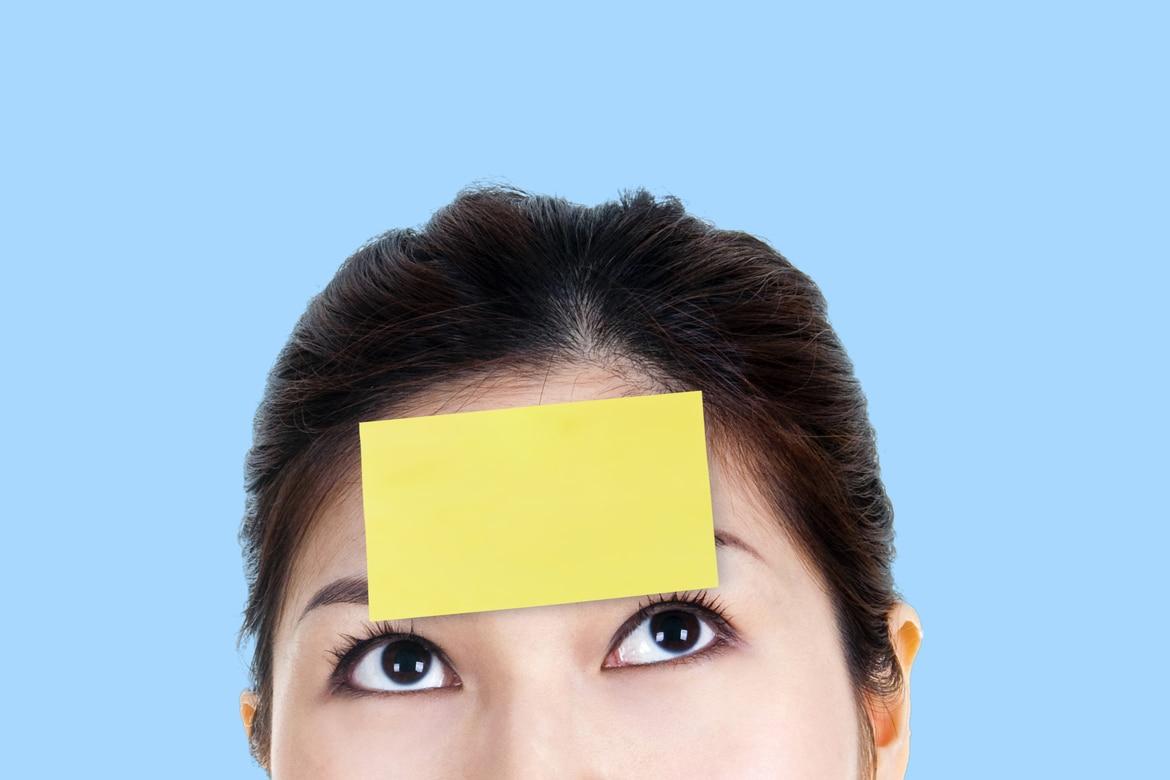-
-
Featured Care Areas

Caffeine Withdrawal Headache
What is a caffeine withdrawal headache?
A caffeine withdrawal headache is a type of headache that occurs when a person who regularly consumes caffeine suddenly reduces or stops their intake.
Caffeine, a stimulant found in coffee, tea, soft drinks, and some medications, affects the central nervous system. When regular consumption is halted, the sudden lack of caffeine can lead to withdrawal symptoms, including headaches. These headaches are a common part of caffeine withdrawal and can range from mild to severe.
What are the symptoms of a caffeine withdrawal headache?
Symptoms of a caffeine withdrawal headache can include:
- Throbbing or pulsating head pain, typically on both sides of the head
- Sensitivity to light and sound
- Fatigue or drowsiness
- Irritability or mood changes
- Difficulty concentrating
- Difficulty sleeping
- Nausea or vomiting in severe cases
Caffeine withdrawal headaches typically start within 12 to 24 hours after your last dose of caffeine and can peak within 20 to 51 hours (about 2 days). They usually resolve within a few days (2 to 9 days) as your body adjusts to the reduced caffeine levels.
When to seek medical attention?
You should seek medical attention if:
- Your headache is severe and does not improve with over-the-counter pain relief
- You experience additional symptoms such as vision changes, speech difficulties, or weakness
- The headache persists for several days without improvement
- You have underlying health conditions that might complicate withdrawal symptoms
What causes a caffeine withdrawal headache?
Caffeine withdrawal headaches are caused by the sudden cessation or reduction of caffeine intake. Caffeine constricts blood vessels in the brain, and regular consumption can cause the brain to adapt to this effect. When caffeine is suddenly removed, blood vessels dilate, increasing blood flow to the brain and causing headache pain. The lack of caffeine also impacts neurotransmitter levels, contributing to the withdrawal symptoms.
What are the complications of a caffeine withdrawal headache?
While caffeine withdrawal headaches are usually temporary and not life-threatening, complications can arise, such as:
- Persistent headaches that interfere with daily activities
- Increased stress and irritability
- Difficulty performing at work or school
- Sleep disturbances, making it hard to fall asleep or stay asleep
- Potential exacerbation of pre-existing headache disorders, such as migraines
How do you prevent a caffeine withdrawal headache?
Preventing a caffeine withdrawal headache involves managing your caffeine intake wisely:
- Slowly reduce your caffeine consumption over time rather than quitting abruptly.
- Maintain a consistent, moderate amount of caffeine daily if you do not wish to quit.
- Replace caffeinated beverages with decaffeinated versions to help reduce overall caffeine levels gradually.
- Explore alternative ways to boost energy, such as getting enough sleep, exercising regularly, and eating a balanced diet.
This page has been reviewed by our medical content reviewers.
Need help?
For enquiries, please call
+65 6575 7575
For appointment bookings, please WhatsApp
+65 8111 9777








